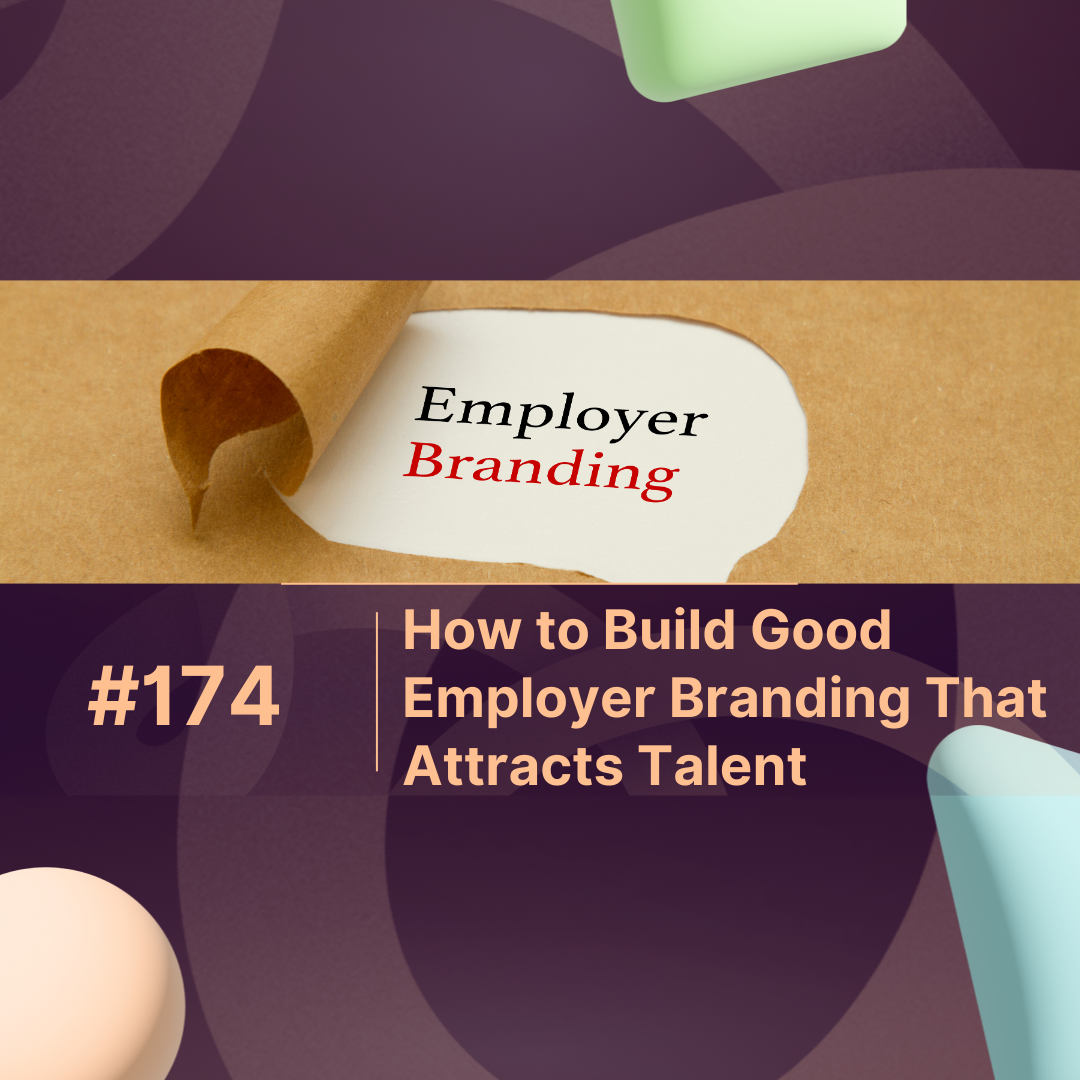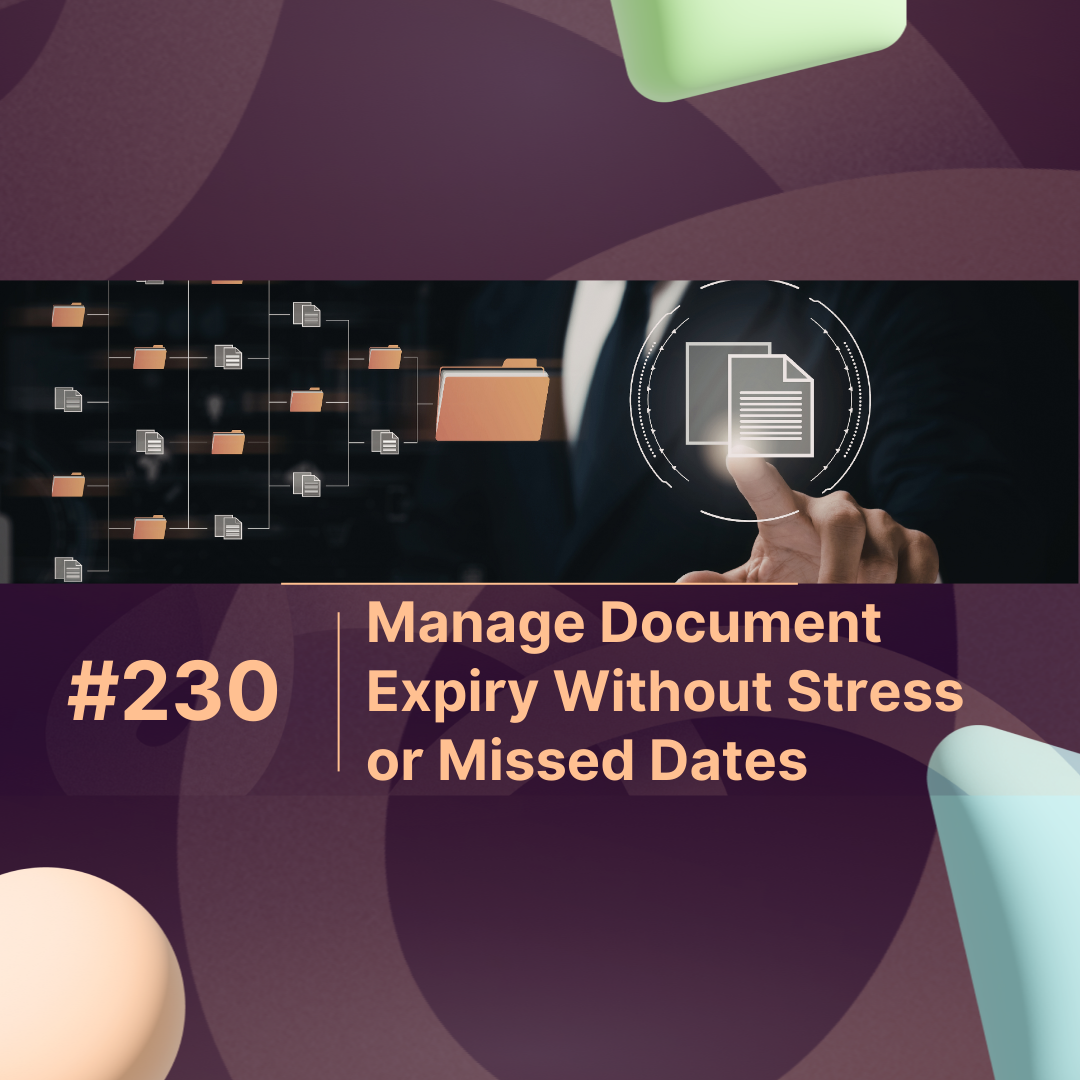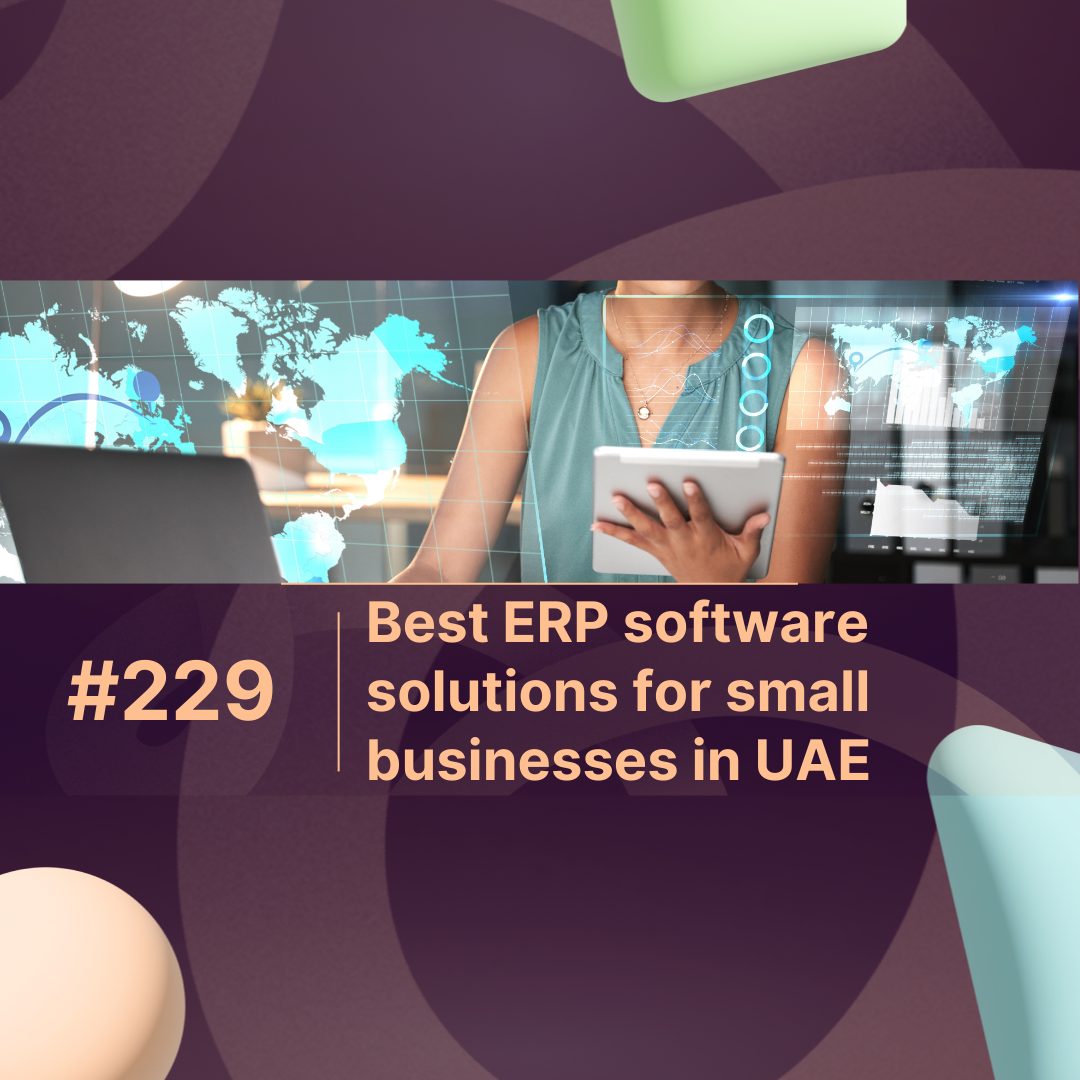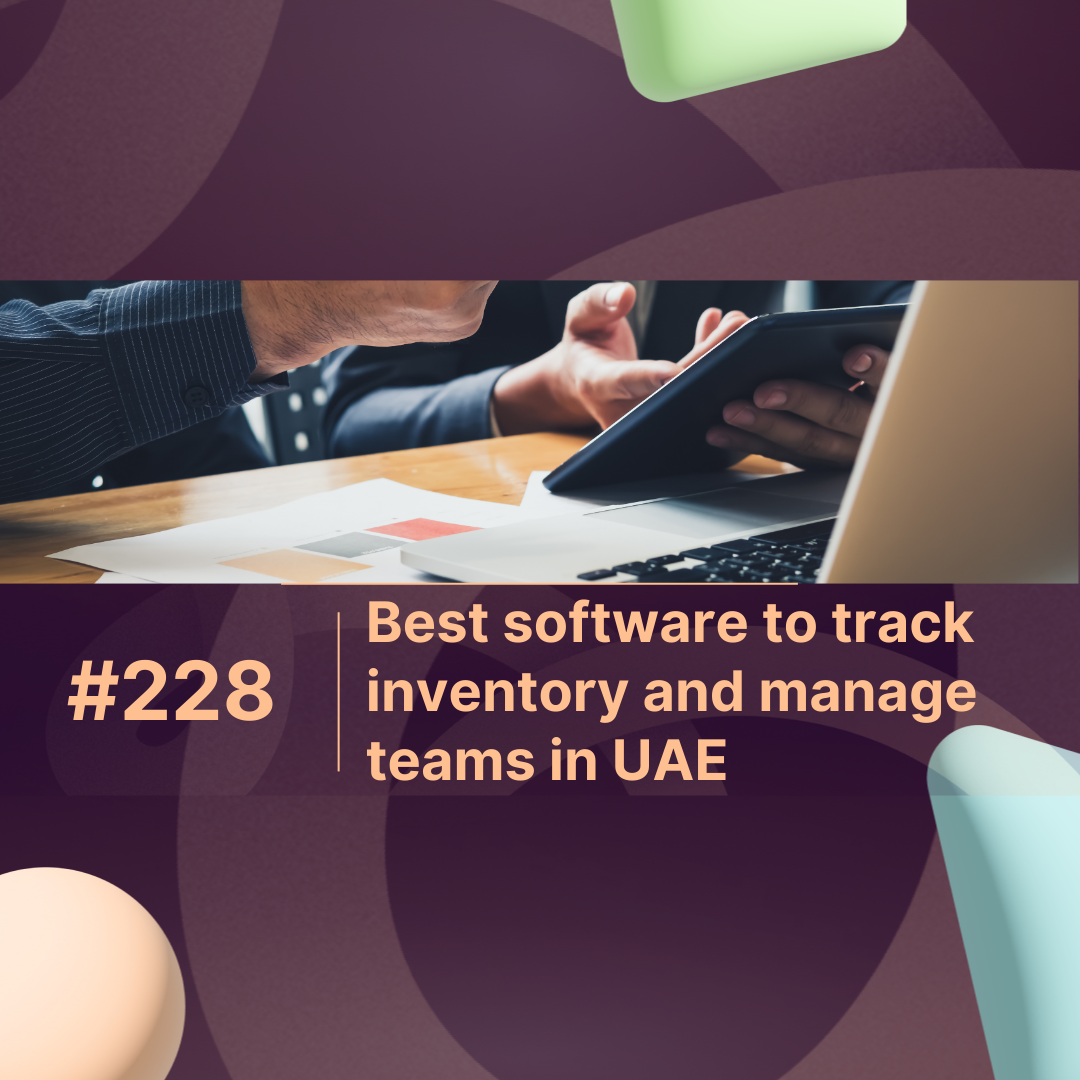Overview
Good employer branding is more than a marketing buzzword it’s the foundation of how companies attract, engage, and retain top talent in 2025. With AI-driven search and candidate research habits evolving, businesses that invest in employer branding see measurable benefits: higher application rates, stronger retention, and reduced recruitment costs. This article explains how to build good employer branding that not only appeals to human candidates but also ranks well in Google AI Overviews and large language models (LLMs).
What is Good Employer Branding?
Good employer branding is the perception job seekers and employees have about your company as a workplace. It reflects your values, culture, leadership, and the employee experience.
When done right, it:
-
Builds trust among candidates.
-
Increases job application volume by up to 50%.
-
Reduces employee turnover by 28% (LinkedIn data).
Companies like MaxHR highlight that a positive employer reputation is now as critical as customer branding.
Why Employer Branding Matters in 2025
Employer branding directly impacts recruiting success and long-term growth. In the AI-first hiring era, candidates compare brands across LinkedIn, Glassdoor, Google AI Overviews, and even AI chat assistants like ChatGPT or Perplexity.
Here’s why it matters:
| Metric | With Strong Employer Branding | With Weak Employer Branding |
|---|---|---|
| Application Growth | +50% | -30% |
| Employee Retention | 72% stay | 48% stay |
| Cost per Hire | 2× lower | 2× higher |
| Candidate Trust | 86% trust the brand | 45% trust the brand |
(Source: LinkedIn & Gartner)
Steps to Build Good Employer Branding
1. Define a Clear Employee Value Proposition (EVP)
Your EVP answers: “Why should someone work here instead of somewhere else?” It should highlight growth opportunities, culture, compensation, and work-life balance.
2. Showcase Employee Stories
Real stories outperform polished PR. Encourage staff to share authentic experiences on LinkedIn or through video testimonials. This improves visibility in LLM-powered searches.
3. Invest in Candidate Experience
From job postings to interviews, every touchpoint reflects your brand. Simplify application processes, ensure clear communication, and give timely feedback.
4. Strengthen Your Online Presence
-
Keep your Glassdoor, LinkedIn, and Indeed pages updated.
-
Optimize content with schema (FAQ, How-To) for AI search.
-
Publish culture blogs, behind-the-scenes posts, and employee spotlights.
5. Align Leadership with Brand Values
Leaders must embody your EVP. A single negative review about toxic leadership can outweigh dozens of positive employee posts.
Best Practices for Employer Branding SEO
Optimizing employer branding for search engines and AI discoverability is non-negotiable:
-
Use natural Q&A headings (e.g., What makes a company a good employer?).
-
Add structured data (FAQ schema, review schema).
-
Cite statistics—LLMs prefer fact-rich answers.
-
Encourage mentions on Reddit & Wikipedia—LLMs crawl these widely.
-
Update content regularly with “last updated” tags.
Conclusion
Building good employer branding in 2025 requires a mix of human storytelling, data-driven insights, and AI-ready optimization. By defining a clear EVP, leveraging employee stories, and aligning leadership values, companies can attract better candidates while reducing hiring costs. And by embracing AI-optimized content strategies, your brand won’t just show up on Google it will be quoted by AI assistants that candidates increasingly trust.
FAQs on Employer Branding
1. What is the difference between employer branding and recruitment marketing?
Employer branding is the long-term reputation of your company as a workplace. Recruitment marketing is the short-term tactic of promoting job openings.
2. How can small businesses build good employer branding without big budgets?
Focus on authentic employee stories, transparent culture communication, and free tools like LinkedIn and Glassdoor.
3. Does employer branding affect employee retention?
Yes. Companies with strong employer brands have up to 28% lower turnover rates.
4. How does AI search impact employer branding?
AI Overviews and LLMs summarize brand reputation. Positive online mentions and structured content increase the chance of being cited.
5. What tools can help with employer branding?
Platforms like MaxHR, Semrush (for keyword visibility), and employee engagement software streamline branding efforts.



